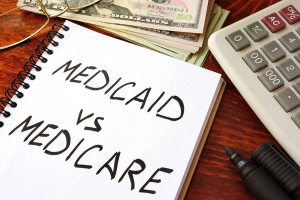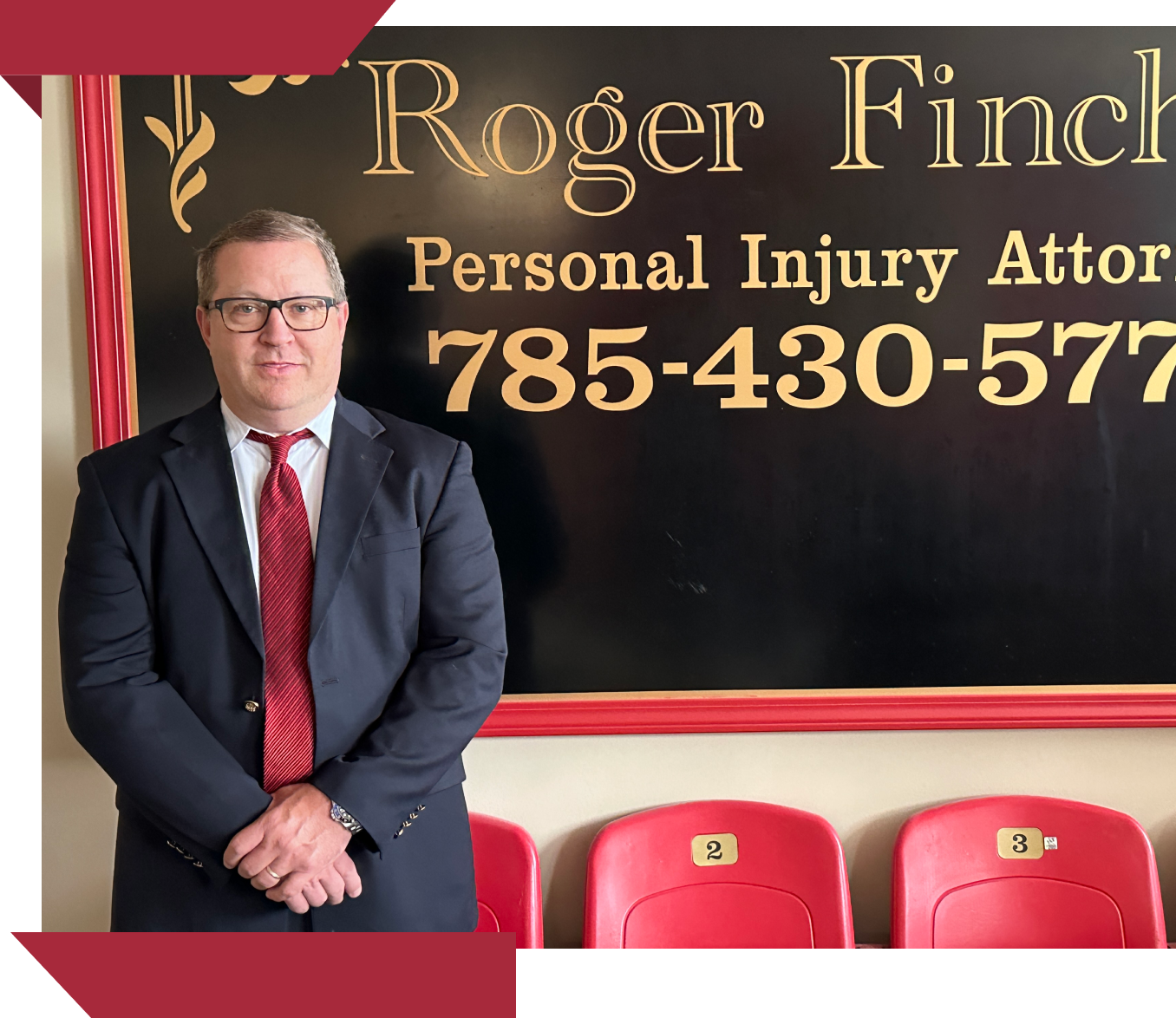
When you've been injured and are dealing with a personal injury claim, understanding how Medicare and Medicaid might impact your settlement is crucial. Both of these government programs have the right to be reimbursed for medical expenses they've covered that are related to your injury. This means that if you receive a settlement from a car or health insurance company, Medicare and Medicaid may claim a portion of it to cover the medical bills they've paid on your behalf. The interaction between your settlement and these programs can impact your final compensation.
Navigating the complexities of how Medicare and Medicaid affect your personal injury settlement can be challenging. These programs come with specific rules and requirements for reporting personal injury claims and recovering benefits from settlements. Understanding these rules is essential for individuals receiving benefits from Medicare or Medicaid and is pursuing a personal injury claim. Let Fincher Law Injury & Accident Lawyers guide you through this challenging process.
The relationship between personal injury settlements and Medicare or Medicaid is governed by federal law and involves several key processes. These include the establishment of liens, reporting requirements, and the recovery of benefits. Understanding these processes is essential to ensure compliance and minimize the impact on your settlement.
When pursuing a personal injury claim, it's mandatory to report the claim to both Medicare and Medicaid if you're a beneficiary. This reporting starts the process of identifying any payments these programs have made that may be subject to reimbursement from your settlement. It also allows Medicare and Medicaid to determine the amount of their lien.
Failure to report a personal injury claim to Medicare and Medicaid can lead to serious consequences, including fines and the potential loss of benefits. It's crucial to report promptly and accurately, providing all necessary information about the claim, the injuries sustained, and any expected future medical treatment related to the injury.
Medicare and Medicaid recover benefits by asserting their lien rights against any settlement, judgment, or award the beneficiary receives. Once a settlement is reached, the lien amount must be paid out of the settlement funds before any money is distributed to the injured party.
In some cases, it's possible to negotiate the lien amount with Medicare or Medicaid. This negotiation can reduce the lien amount, permitting the injured party to retain a greater portion of the settlement. However, these negotiations can be complex and typically require a thorough understanding of the law and the case's specifics.

The legal framework governing personal injury settlements and Medicare or Medicaid interaction is intricate. Navigating these complexities often requires specialized knowledge and expertise.
The MSP rules establish Medicare as a secondary payer when other sources of payment, such as personal injury settlements, are available. This means that Medicare does not pay for medical care that a personal injury settlement or other insurance can cover. If you cannot afford health insurance, this could be an option. This is even true for those seeking a children's health insurance program.
MSP rules require beneficiaries to use settlement funds to cover future medical care related to the injury before Medicare will pay. This ensures that Medicare funds are used appropriately and only after other sources have been exhausted.
Unlike Medicare, Medicaid is managed by each state individually. Each state has its own rules regarding Medicaid's right to recovery from personal injury settlements. These rules determine how Medicaid liens are calculated, negotiated, and satisfied.
Understanding the specific guidelines in your state is essential to ensure compliance and to manage Medicaid's claim on your settlement effectively. Failure to adhere to state-specific rules can result in the denial of Medicaid benefits or the requirement to repay benefits already received.

Seeking legal advice early in the process of filing a personal injury claim is pivotal. This is crucial when Medicare or Medicaid is involved. A knowledgeable car accident attorney can walk you through the complexities of these programs. They ensure compliance and protect your interests.
Having legal representation can also significantly impact the outcome of your claim. An attorney can help you with the negotiation process. They advocate on your behalf and work to minimize the impact of Medicare and Medicaid liens. The right legal advice can make a substantial difference in the amount of compensation you receive.

Going through a personal injury claim can be a challenge. Fincher Law Injury & Accident Lawyers is here to help. Our experienced Kansas personal injury lawyer understands the complexities of these cases. We can ensure you understand your Medicare benefits and help you seek reimbursement.
If you're dealing with the aftermath of an accident, don't face it alone. Contact Fincher Law Injury & Accident Lawyers for a free consultation. We'll review your case, discuss your options, and outline how we can help you achieve the best possible outcome. Reach out today to schedule your consultation.



How Can We Help You?
How Can We
Help You?
Schedule a Free Consultation Now By Contacting
Our Team at (785) 430-5770 or by completing the form below
Schedule a Free Consultation Now
By Contacting Our Team
at (785) 430-5770
"*" indicates required fields